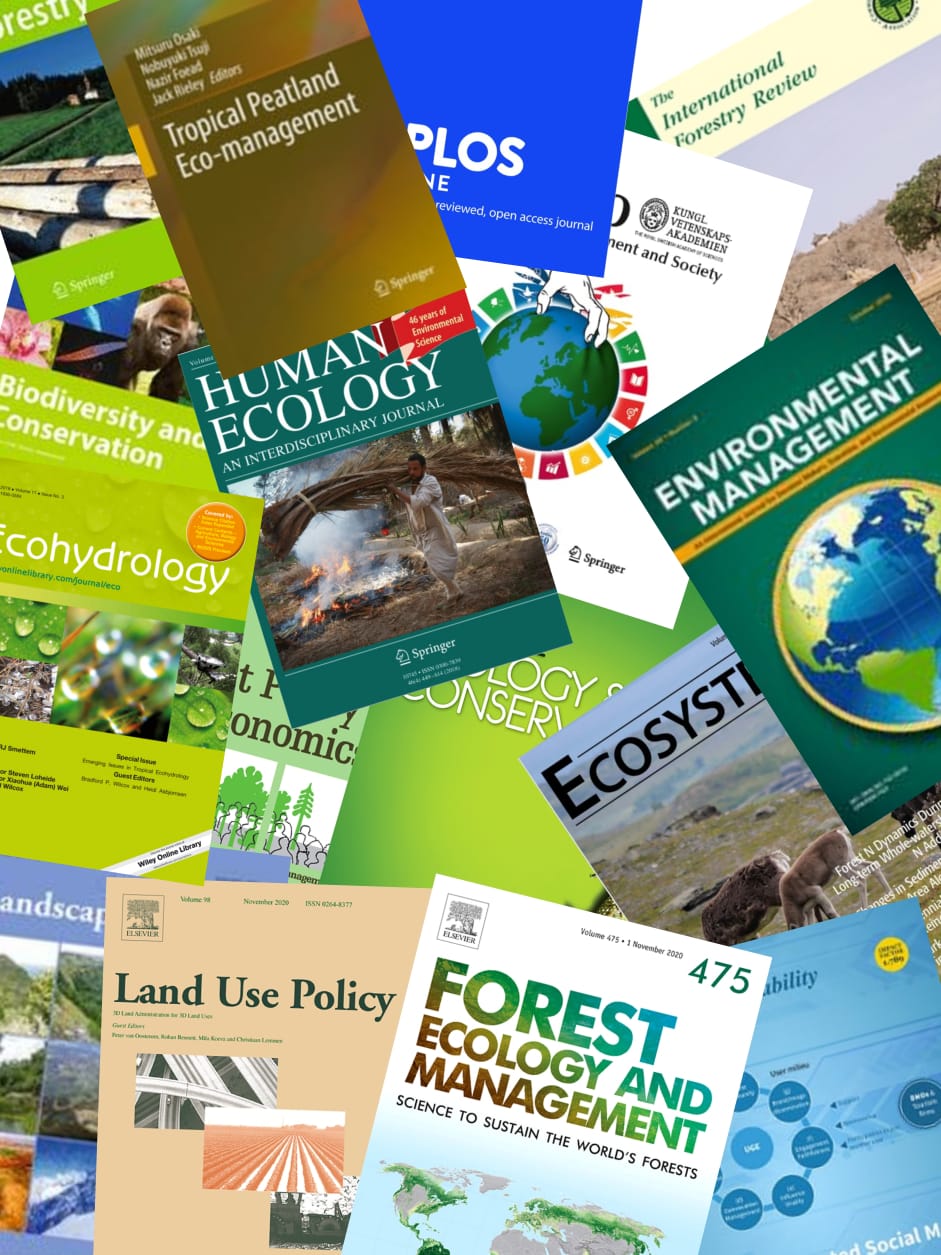The article studies the nature of current policy and management practice in Thailand on vegetation burnings and haze pollution and examines how these take into account heterogeneity and complexity of local conditions and causal factors on the ground. Chang Mai province's recent haze episodes are used as case study. The country's policy regime on vegetation burning and haze pollution is characterized as command-and-control and highly regulatory. Authors argue that haze problem is framed by the central and provincial government as a purely an administrative task of control and penalizing perpetrators of fire. This fails to take into account the heterogeneity and complexity of local conditions and drivers of burning occurrences, which in Chang Mai involves a variety of widely diffused forest and farming-based livelihood activities, such as hunting and forest product gathering, swidden farming, and burning of agricultural residues in rice cultivation. This state simplification in policy combines well with and is further reinforced by a centralized, top-down, and institutional landscape and functioning of government in decision-making, enabling the policy to cascade down to the province, districts, and sub-districts basically unaltered. Further, traditional administrative separatism between ministries and their provincial counterparts undermines the possibility of area-wide planning and integration of responses. The authors' recommend a major policy shift, among others, including components of using local research on causal factors as tool for planning and policy, instituting incentives and reward systems for would-be fire igniters, area-wide local-transboundary approach, and strengthening autonomy of local government bodies. Authors have used documents review, secondary sources, and key informant interviews. © 2012 Springer Science+Business Media B.V.
View source

